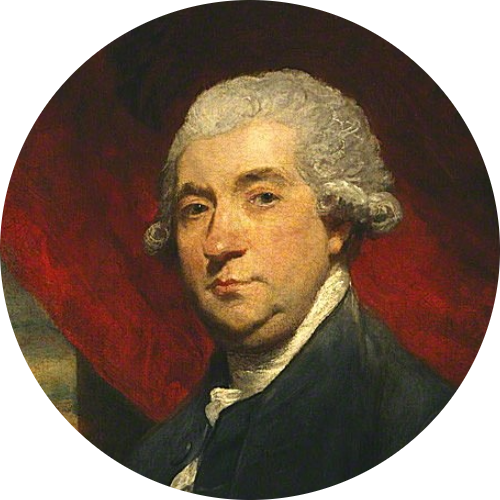Son of Christoph Kircheisen, a high-ranking government official (Regierungssekretär) in Dresden, and Rebecca Elisabeth Wächter, daughter of the Mayor of Wurzen. He married Friederike Henriette von Lauer, with whom he had at least three children, Friedrich Leopold, Caroline and Carl Gustav Wilhelm (1743-1792).
After his father's early death, Kircheisen found opportunities as a young diplomat, serving under both Hanoverian and Prussian envoys. His diligence caught the attention of Friedrich Wilhelm I, who appointed him mayor of Berlin in 1733. He continued to gain the trust of Frederick II, who made him royal police director in 1742.
Kircheisen's tenure as police director saw a significant overhaul of Berlin's law enforcement. He reorganized the force based on the Parisian model, dividing the city into districts with dedicated officers. His strict implementation of traveler reporting requirements and oversight of markets and trades contributed to increased security and economic regulation within the city.
In 1746, Kircheisen's responsibilities expanded further when he was appointed President of the Berlin City Council. This gave him authority over the town hall, consolidating his position as one of the highest officials in the monarchy. As Council President, he championed industrial development and worked to streamline cooperation between the police and the judiciary.
Beyond his official duties, Kircheisen was an active Freemason within Berlin's Grand Lodge of the Three Globes. In 1767, recognizing his declining health, he began working closely with his eventual successor as Council President, Johann Albrecht Philippi. Karl David Kircheisen passed away in Berlin in 1770 at the age of 66, leaving a legacy of modernized city administration and law enforcement.
Boswell was introduced to Kircheisen, described as "a hearty cordial saxon", on July 9, 1764, and, with a recommendation from banker Johann Jacob Schickler, he rented an apartment in Kircheisen's house for the duration of his stay in Berlin.
Boswell quickly came on very good terms with the family, and on July 18, 1764, wrote in his journal that "Herr President embraced me with cordiality and cried, "My dear Englishman, no man ever had a better heart. Your being sent to my house was an act of Providence."
